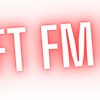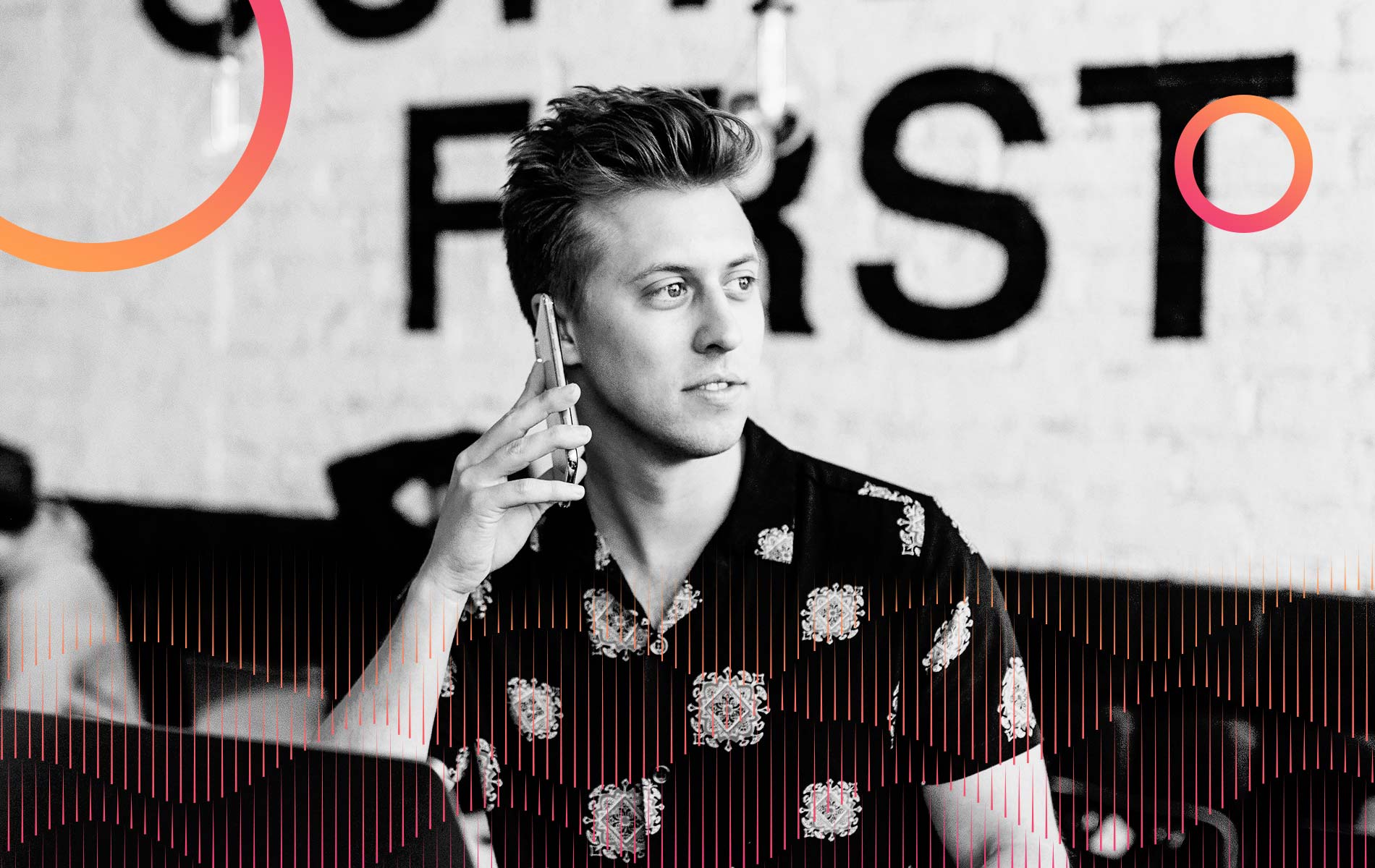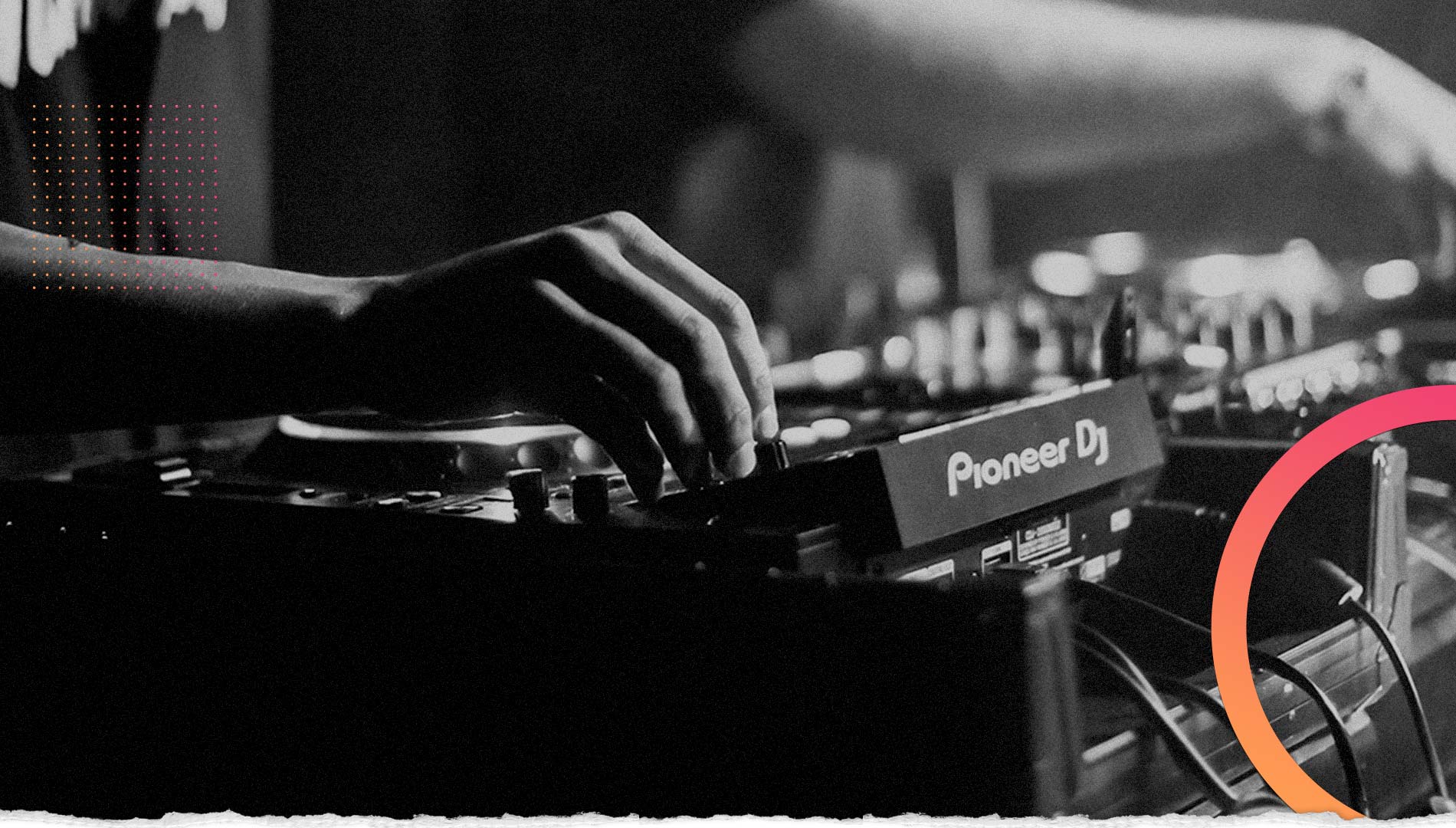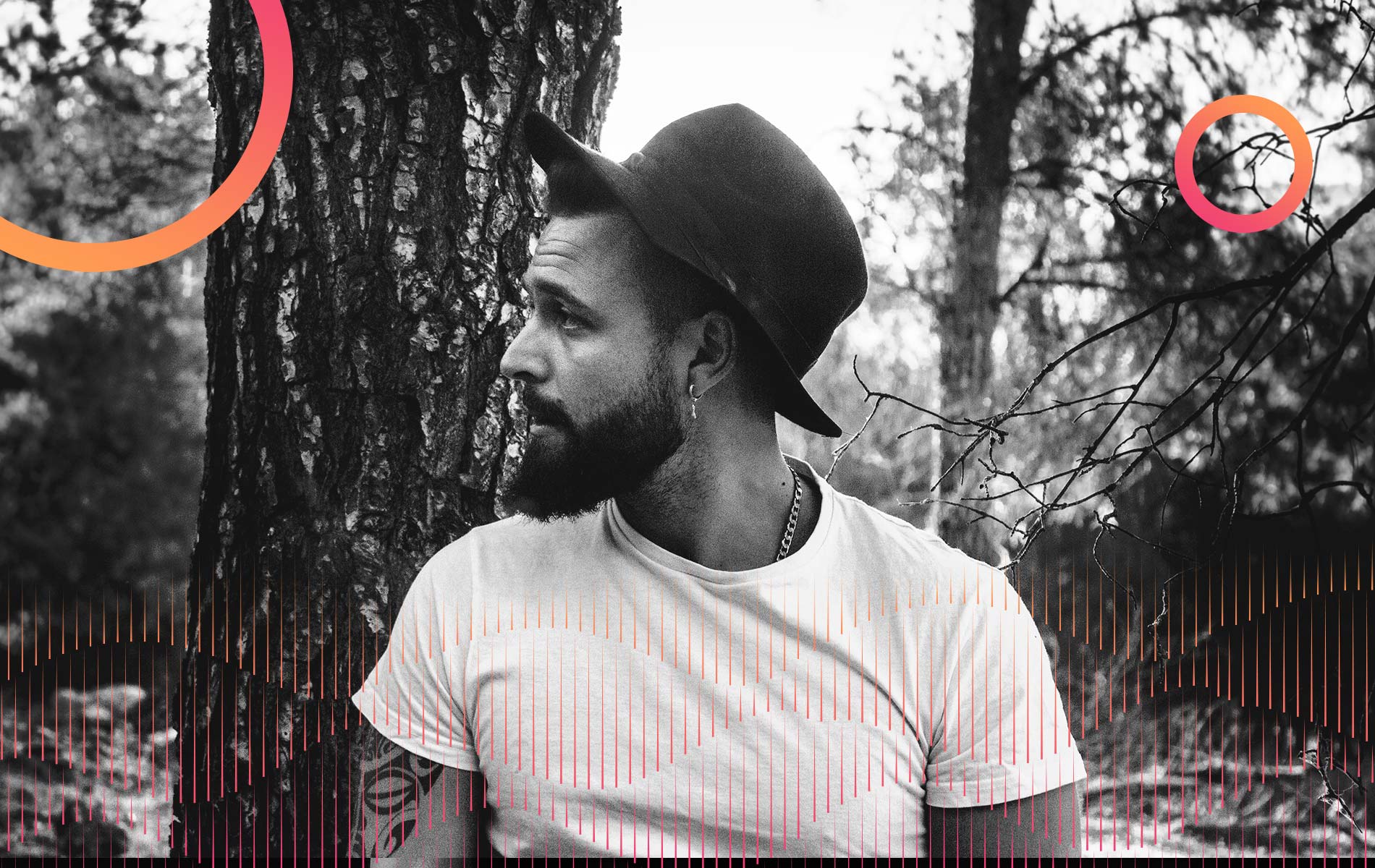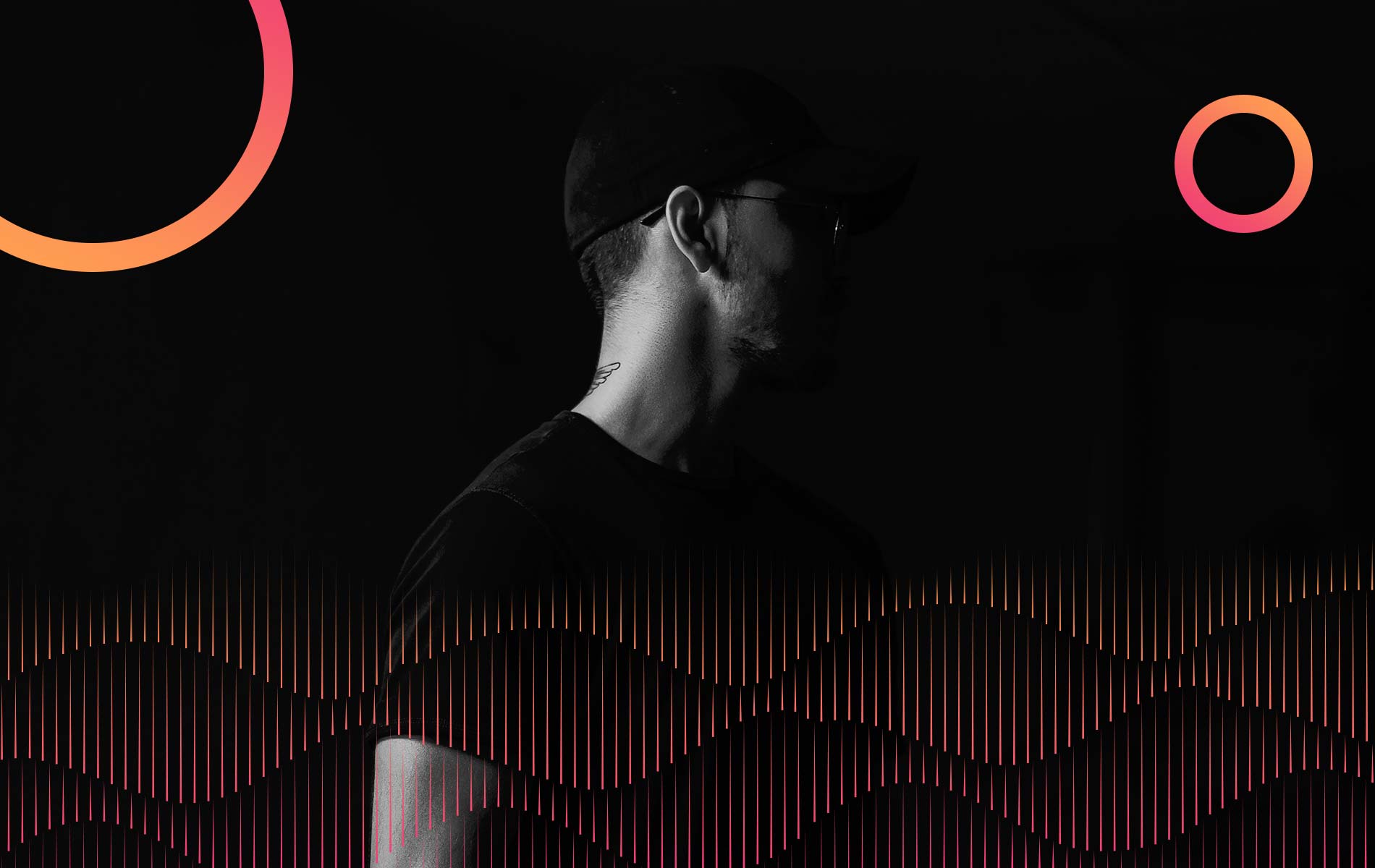This year, artificial intelligence (AI) has taken the internet by storm and is now infiltrating the music and film industries.
The sensational technology began with picture generators such as DALL-E mini. Typing in a prompt on the generator creates nine pictures resembling the desired images. DALL-E mini became popular for the ridiculous prompts and poorly-generated images that users inputted. One of the most widely-shared creations emerged from the prompt “fisheye lens Voldemort smokes cigarette.” This sparked a debate over AI-generated art and whether or not it could be considered real art. Another concern is whether it constitutes stealing, especially as more sophisticated technology develops.
Soon after DALL-E mini, OpenAI released ChatGPT, a chatbot that can converse with users and answer questions. Initially, it gained traction for giving out funny and incorrect answers. However, ChatGPT and its successors have evolved to such an extent that some people have begun to prefer turning to AI chatbots in place of traditional search engines when looking for a quick answer.
However, one of the scariest AI technologies has been AI voice generators. These programs have the power to recreate a humanlike voice to read text prompts or engage in conversations similar to the way ChatGPT operates. Even more disconcerting is the ability of these technologies to replicate the voices of some celebrities.
Similar to photo and text generation technologies, voice cloning technology first became widely popular through memes. Two of the most prominent are the “AI presidents” and Drake memes.
“AI presidents” refers to the collection of TikTok and YouTube videos featuring artificial voices of former Presidents Barack Obama and Donald Trump, as well as current President Joe Biden, engaging in casual conversations and making tier lists or discussing current events. These are small videos created as a form of satire because it is unlikely these three political figures would get along and talk so casually in reality.
However, this content also has a dark side, as many of the TikTok videos cut off right before creators make the AI say an offensive slur, showing how this technology could be misused and hurt someone’s reputation.
The Drake memes are AI versions of rapper Drake singing popular songs, such as “Munch (Feelin’ U)” by Ice Spice. Drake posted the meme on his Instagram story, referring to it as “the last straw.” While it’s clear that the rapper is joking, it underscores the danger and potential risks that come from this technology. These artificial songs have already advanced greatly since the controversy earlier this year, as the quality of the pronunciation and voice cloning has only improved. As it continues to develop, there is a real concern that AI will get to the point where one cannot differentiate between an artificially- or authentically-created song.
The strike by the Screen Actors Guild-American Federation of Television and Radio Artists further demonstrates the dangers AI technology can pose to people’s livelihoods. Over the 118-day strike, they fought with the studios over the use of AI in capturing and reproducing actors’ images and voices, which they managed to secure safeguards in the final deal. Nonetheless, the concern surrounding AI usage remains.
Actors are concerned that studios will use this technology to steal and control people’s voices. If that happens, actors may find themselves without pay, even if their likeness is being used in a production. This is a danger not only for A-list celebrities but also for background actors who would not be compensated for the use of their image, threatening their ability to find employment and support their families.
Another dangerous use of AI has been in deepfake advertisements in which people create fake endorsements to promote scams. Earlier this month, YouTuber MrBeast called out a scam ad on TikTok that was using his likeness. MrBeast is very popular among children and young people who are more prone to be deceived by such an ad. As the technology develops, these ads will only become more accurate and harder to distinguish, fooling wider audiences.
Eventually, we may need to analyze every video for traces of AI. Any video could be fake, and anybody could be vulnerable to the misinformation it can spread.
Unfortunately, AI voices have only continued to grow in popularity. In fact, they have grown so much that studios and journalists must now clarify when something is not AI. Walt Disney Animation Studios recently released a short called “Once Upon a Studio” which featured outtake lines that Robin Williams recorded in the 1990s for the animated film “Aladdin.” When this was reported, headlines clarified that it was made “without using AI.”
Clearly, this technology is only growing more common in our media landscape. It is moving beyond TikTok memes and YouTube videos and is impacting people in real life through scams and using a person’s likeness without permission. As AI continues to develop, we must find safe and useful implementations of this new technology in the entertainment industry.
